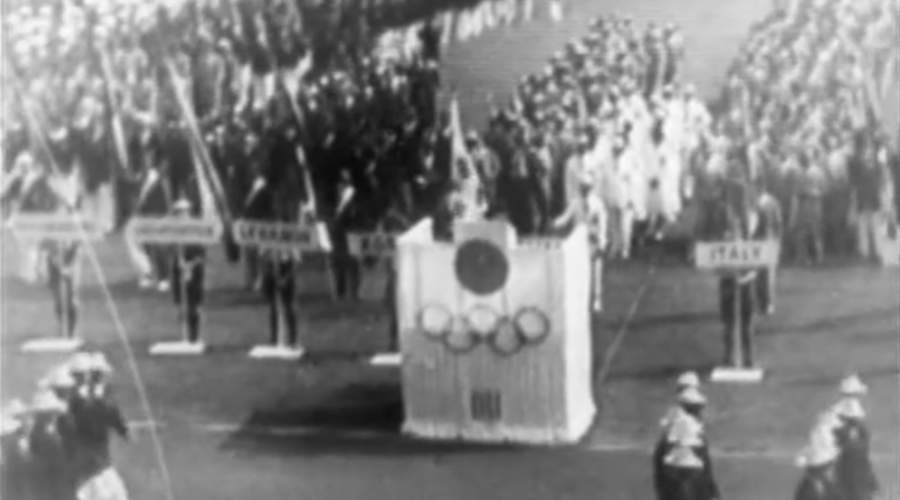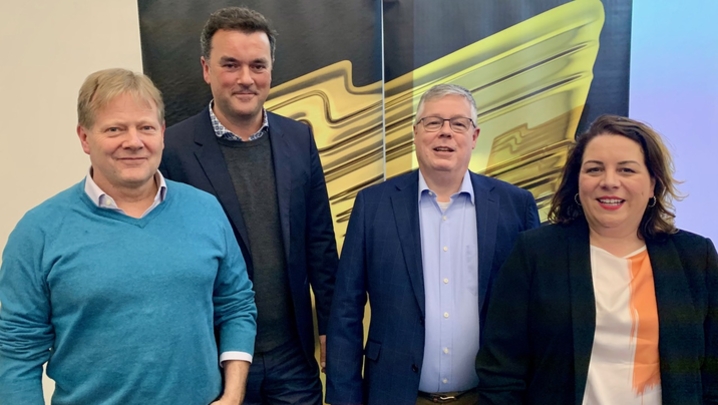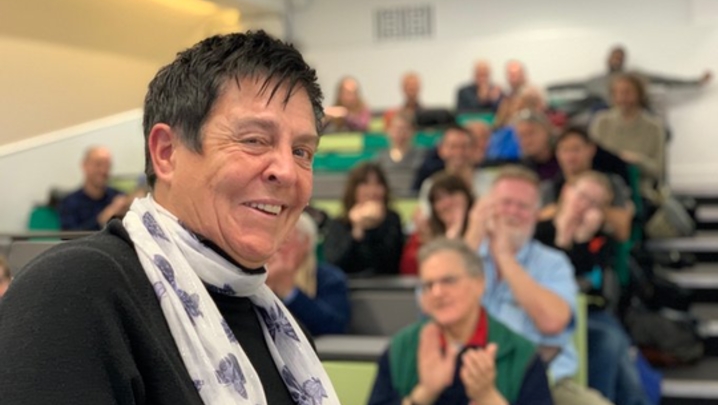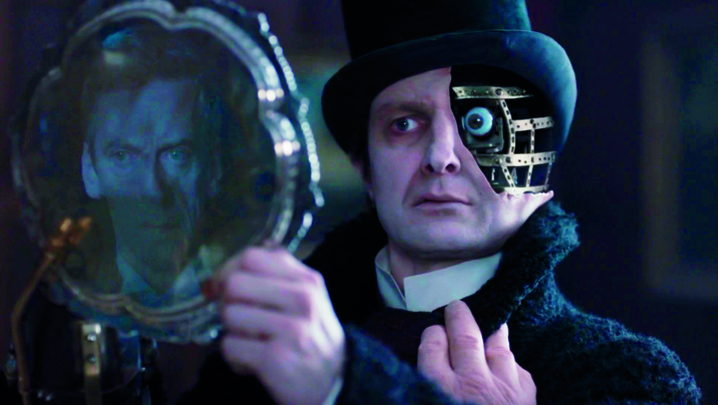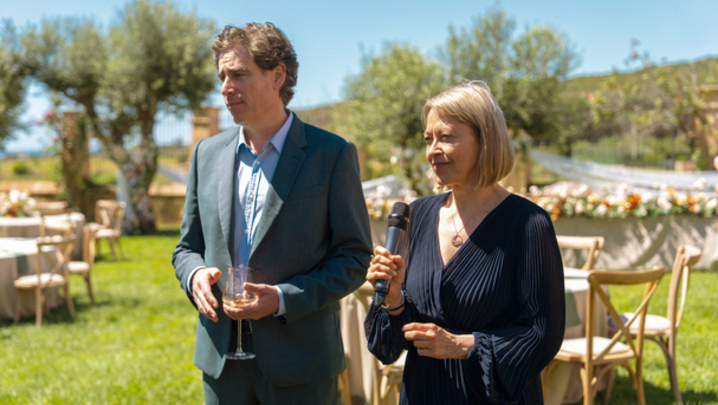As an appetiser for the Tokyo Olympics, RTS London premiered a film in mid-July looking back at the BBC’s ground-breaking coverage of the London 1948 Olympics.
During a wide-ranging talk on the pioneering early years of BBC outside broadcasts, former ITV head of technology and RTS Fellow Norman Green showed what is believed to be the only surviving footage of the London 1948 television broadcasts.
To cover the first post-war Olympics, “the BBC built the first broadcasting centre for radio and television”, said Green. Based in the Palace of Arts at Wembley, it housed 16 studios, two TV control rooms, 350 engineers, 200 reporters and 200 support staff.
Green showed the legendary Dutch athlete Fanny Blankers-Koen winning gold medals in the 80 metres hurdles and 200 metres finals, and viewers were given a fascinating glimpse of the opening ceremony coverage, long-thought lost. This included the arrival in the stadium of the Olympic torch, with commentary by Richard Dimbleby.
The 1948 “Austerity Olympics” – the first since the notorious Berlin games of 1936, which were the first Olympics to be televised – were held in existing venues, including Wembley’s stadium and pool, and Herne Hill Velodrome.
The BBC had bought the rights to cover the London 1948 Olympics for just £1,000 and the 100,000 households that owned television sets were able to watch almost 70 hours of live coverage.
Seventy years later, the BBC paid around £110m for the current Olympics rights, a deal that lasts until the 2024 Paris games. This summer, it was due to broadcast more than 350 hours of coverage from Tokyo.
The RTS London film was produced by Philip Barnes and can be viewed here: https://www.youtube.com/watch?v=VQrGVzwtFv8

